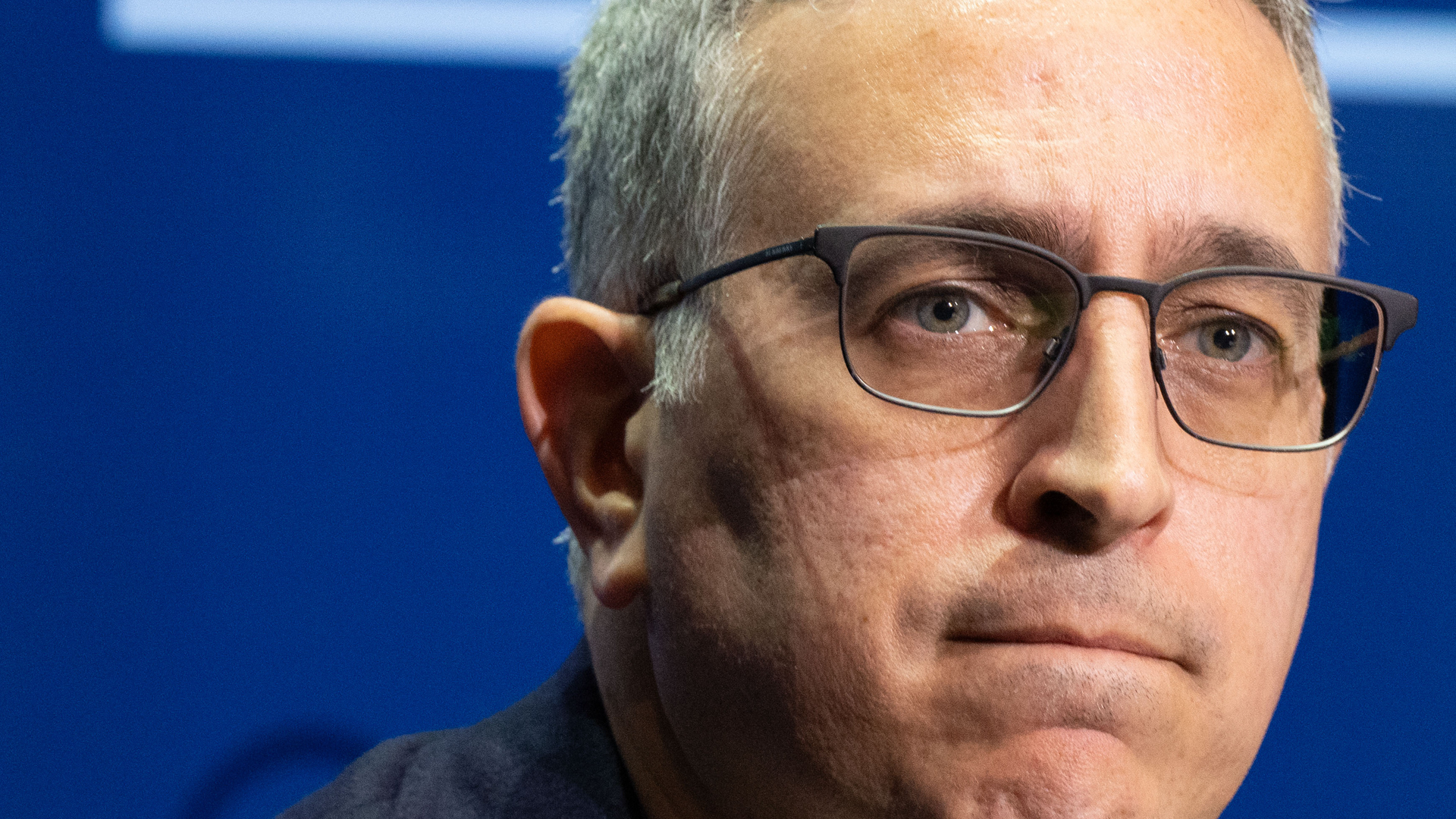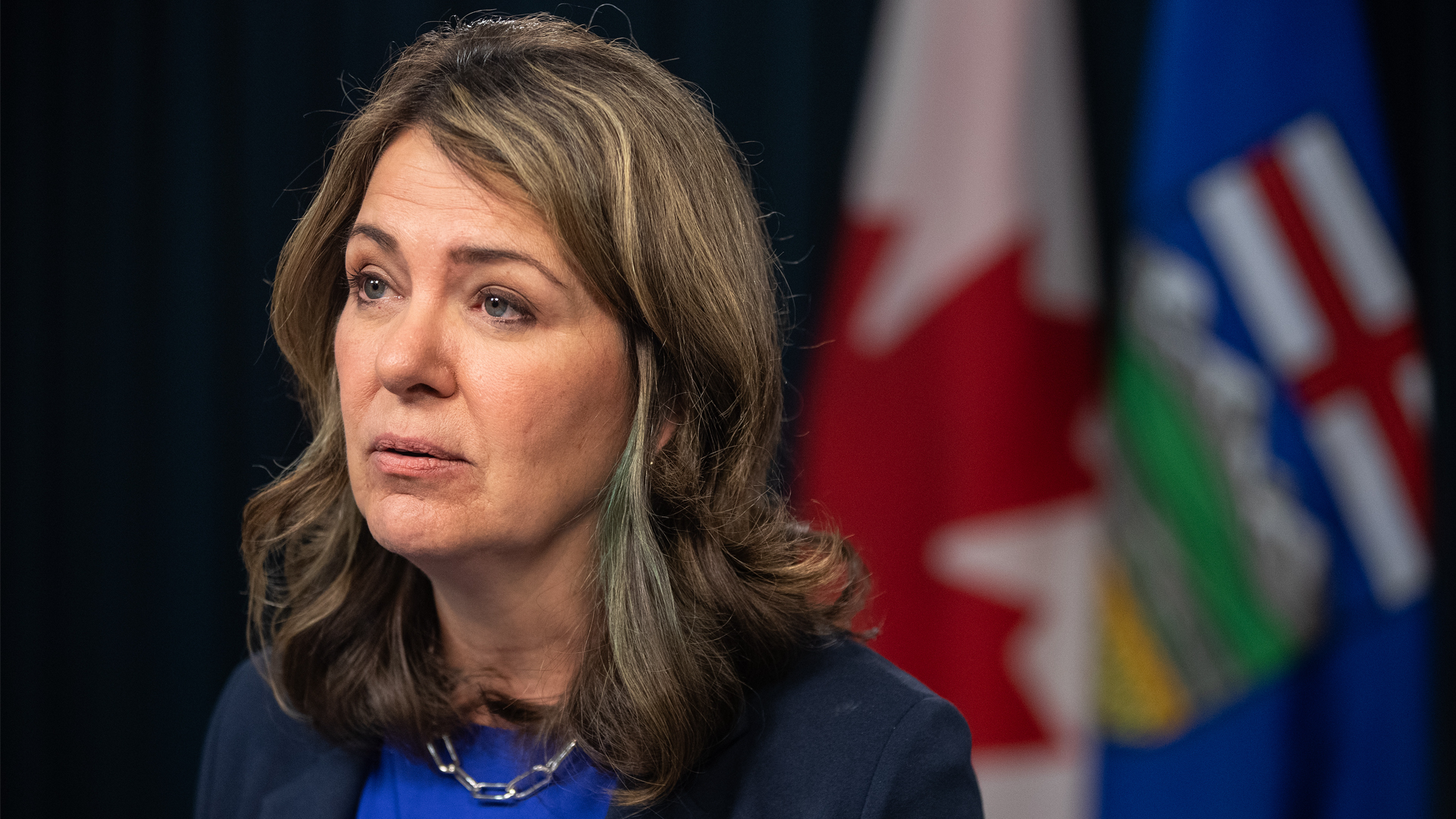
Donald Trump is president-elect of the United States of America, while in June Britain voted to leave the EU. Political science has widely failed to anticipate two of the defining events of our era, just as it failed to foresee the fall of the Berlin Wall thirty years ago (also on November 9th). Populism is everywhere now and has entered the mainstream. Few could dispute that political science has been somewhat blindsided, having been distracted by the scientific credentials of the discipline, and having itself become an elite technocratic enterprise detached from the everyday experiences and everyday politics of voters.
Donald Trump broke all the rules of the political science textbook of election campaigning. He lied. He did not release his tax returns. He insulted significant parts of the electorate. He attacked the media. He brazenly rode out scandal after scandal. He was not backed by party elites. He did not pivot. He was not endorsed by newspapers. He was not considered qualified for the job by voters. He faced a relatively popular incumbent and growing economy. The polls and poll aggregators predicted a comfortable Clinton win (many academic forecasts were rather more circumspect). Trump defied them all. A not dissimilar story could be told about the Brexit campaign. While some could rightly claim to have diagnosed the conditions leading to each victory, these were surprise events when they happened.
Our analysis did not stand up to the job, and this poses fundamental questions about the direction that the discipline has taken in recent decades and its abandonment of a more critical examination of the nature of politics. Political science has lately glorified big data, replication and high-tech computational methods. But what use are these if hegemonic theories and fashionable methods are ill-equipped for the task at hand?
At the same time, the role of the academic as pundit has increasingly pitched political scientists into the media limelight. While advancing public understanding of politics should unquestionably be a mission for the discipline, this creates pressure to hype findings, condense them into the confines of a tweet, or offer analysis to meet the demands of short-term news cycles rather than posing more critical questions about the nature of social and political change (or questioning the assumptions of our data and models), or even challenge the way in which politics is done and the media package it. This pressures researchers to favour punditry (making bold predictions about outcomes and basking in applause for their foresight) above deeper diagnosis of long-term trends. It also often makes them inseparable from the politics they seek to analyse.
Of course, political science has had much to say about the rise of populism across many advanced democracies, its causes and its consequences. We know a substantial amount about the nature of the U.S. political system and its (lack of) responsiveness to wider societal change, the rise of Euroscepticism, the increasing importance of values and identity in various political contexts, and the notion of ‘backsliding’ by countries on earlier commitments to liberal democracy. Beyond this, there is further scope for soul-searching. This should centre on the role of political science in a context in which it has become acceptable to endorse the rise of ‘illiberal democracies’.
One of these is the nature of knowledge production. Universities in their quest for global reputations have become ghettos for research communities whose international interactions are rarely interrupted by the inconvenient demands imposed by high fee-paying students (and have engaged little with local people living in communities on their peripheries). These networks are reinforced by advances in communication technologies — generating our very own academic filter bubbles. The move towards bifurcating academic careers into research and teaching silos will only increase this disconnection outside the discipline. This is not a context that is able to detect or fully understand societal changes.
Such trends have been further accentuated by the craze to create ‘public policy schools’ so as to inform global elites of students about policy experiences, global challenges and international networking. Such programmes have been attractive in financial terms to universities, they have proven to be a convenient vehicle to attract high profile donors, and they offer opportunities for students to mingle. Interestingly, the fashion of public policy schools arrived just as the attractions of private sector MBAs seem to be fading away. To be close to ‘practice’, the academic gain is access to the questions and concerns of key decision-makers who have a desire to learn about ‘what works’ without necessarily probing deeply into scholarly disputes. More broadly, critical questioning is unlikely to feature on such programmes given that learning outcomes are about enhancing ‘rationality’.
Executive-type teaching offers higher rewards and the possibility to avoid routine, intensive teaching duties. The quest for global leadership in the name of rational decision-making is likely to come at the price of dealing with concrete problems at the local level (losing the tacit knowledge that is crucial to understanding the challenges facing local societies and communities). These programmes, by their nature, are unable to cope with an environment that encourages post-factual argumentation.
More generally, this raises questions about the role of political science. For those believing in a pure version of ‘science’, the political science discipline is about ‘knowledge’ with little concern for the wider environment. This ignores a much more significant contribution that political science should play in promoting the normative foundations of liberal democracy. This is not to discourage critical analysis and commentary, but a renewed focus on the prerequisites for an open and tolerant society to conduct politics. This would require a much deeper engagement with society beyond one-off events such as open day events and school visits. This requires encouragement for universities to become part of the wider conversation about the importance of certain constitutional and democratic norms.
In other words, political science, if it wants to live in a liberal democracy and be in a position to work openly and freely, needs to return to a concern with protecting the very foundations of liberal democracy. Whether the short-term career incentives of academics and the wider environment of populist politics and campaigning media will be receptive to this necessity is questionable. However, the question of what kind of societies political scientists want to inhabit is of fundamental importance: do they want to live in cut-off ghettos of the like-minded, obsessed by sectarian ‘top three’ journal rankings, or do they want to promote and support the conditions for an open society, one that makes science possible in the first place?
This piece first appeared on the University of Southampton’s Politics Upside Down Blog on November 11, 2016.
Photo: Matej Kastelic/Shutterstock.com
Do you have something to say about the article you just read? Be part of the Policy Options discussion, and send in your own submission. Here is a link on how to do it. | Souhaitez-vous réagir à cet article ? Joignez-vous aux débats d’Options politiques et soumettez-nous votre texte en suivant ces directives.







